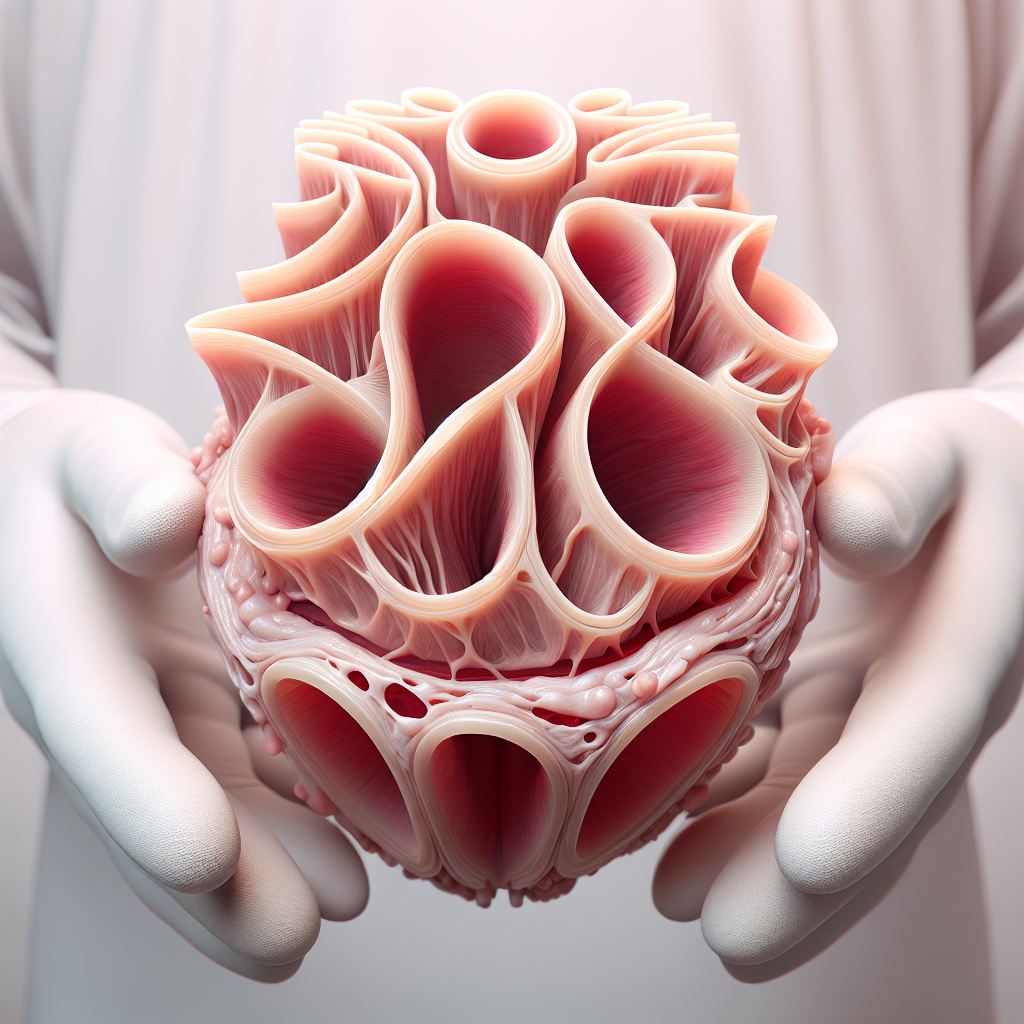Heart valve disease is a potentially life-threatening condition that can disrupt the flow of blood through the heart, affecting its ability to sustain the body. Thanks to modern medicine, significant advances in heart valve repair and replacement provide new hope and options for those facing this challenging diagnosis. This comprehensive exploration will delve into the latest developments in treatment, the importance of maintaining cardiovascular health, and the supportive role of lifestyle changes and medical strategies.
The Evolution of Heart Valve Surgery
Historically, individuals with heart valve disease had limited options, which often involved high-risk procedures and uncertain outcomes. However, the last few decades have witnessed a remarkable transformation in the methods used to treat heart valve issues. Today, minimally invasive surgical techniques, transcatheter valve repair, and the use of bioprosthetic materials have revolutionized patient care, offering safer alternatives with reduced recovery times and improved quality of life.
Minimally invasive procedures, such as transcatheter aortic valve replacement (TAVR), allow surgeons to replace a diseased valve without the need for traditional open-heart surgery. These advancements not only benefit the patient by lessening post-operative discomfort and expediting recovery but also reduce the overall strain on healthcare systems by shortening hospital stays and lowering the risk of complications.
The Role of Cardiovascular Health
Maintaining a healthy heart is crucial in preventing and managing heart valve disease. The heart is a muscle that requires care and attention, much like any other part of the body. Ensuring cardiovascular health is a multifaceted endeavor that involves regular physical activity, a balanced diet, and monitoring risk factors such as high blood pressure, cholesterol levels, and diabetes.
Lifestyle changes can significantly impact heart health. For instance, engaging in heart-healthy habits, as discussed in "Heart Healthy Habits for College Students," can set a foundation for a lifetime of cardiovascular wellbeing. Additionally, understanding and managing conditions like arrhythmia, highlighted in "Strategies to Manage Arrhythmia and Maintain Heart Health," is integral to comprehensive heart care.
Innovations in Prosthetic Valve Design
The development of bioprosthetic valves, which are made from animal tissue, has offered an alternative to mechanical valves that require lifelong anticoagulation therapy. Bioprosthetic valves reduce the risk of blood clots and are particularly advantageous for certain patient demographics, such as the elderly and women considering pregnancy.
As research progresses, tissue engineering and regenerative medicine are on the horizon as potential game-changers in heart valve replacement. The prospect of using a patient’s own cells to grow new valves could eliminate the risk of rejection and decrease the need for immunosuppressive drugs, posing a significant leap forward in personalized medicine.
Addressing Heart Health in Special Populations
Certain populations face unique risks when it comes to heart health. For example, "Heart Health Considerations for Menopausal Women" sheds light on the cardiovascular challenges faced by women during and after the menopause transition. Similarly, athletes, who are often considered the epitome of health, can still be susceptible to heart disease, as detailed in "Understanding the Risks of Heart Disease in Athletes."
It’s also essential to recognize the impact of cultural practices on heart health, as explored in "Cultural Influences on Heart Health Practices." Understanding these diverse factors allows for more tailored and effective treatment plans for heart valve disease, ensuring that all patients receive the care and consideration they need.
The Integration of Technology in Heart Health
The rise of digital health has enabled better monitoring and management of heart conditions. Wearable technology and remote monitoring devices provide real-time data that can be critical for early detection and intervention. Moreover, the "Impact of Digital Devices on Cardiovascular Health" examines how these innovations are reshaping patient engagement and self-care.
Preventative Strategies and Education
Prevention remains the cornerstone of combating heart valve disease. Educational resources on managing risk factors, like "Evaluating the Cardiac Risks of Over-the-Counter Medications," empower patients to make informed decisions about their health. Furthermore, debunking misconceptions through articles like "Heart Health Myths Debunked" is vital for public awareness and the adoption of healthy behaviors.
External High-Quality Resources
In-depth knowledge of heart valve disease and its treatments can be further supplemented by consulting niche and specific resources. The American Heart Association offers extensive information on various heart conditions and the latest recommendations for heart health. For those interested in the technical aspects of new heart valve technologies, the Journal of the American College of Cardiology provides peer-reviewed articles on the latest research in the field.
Additionally, patient advocacy groups like Mended Hearts offer support and education for individuals and families affected by heart disease. And for updates on the regulatory aspects of heart valve devices, the U.S. Food and Drug Administration outlines approval processes and safety information for medical devices.
Conclusion
The landscape of heart valve repair and replacement is continually evolving, with new technologies and procedures improving patient outcomes. By staying informed about the latest advances, prioritizing cardiovascular health, and leveraging the power of technology and education, individuals can navigate the complexities of heart valve disease with confidence. Through collaborative efforts between healthcare professionals, researchers, and patients, the journey towards a heart-healthy future becomes more promising with each passing day.
For those seeking to delve deeper into the world of cardiovascular health and its related topics, exploring resources like "Strategies for Reducing Sodium Intake for Heart Health," "The Impact of Coffee on Cardiovascular Health," and "Improving Cardiovascular Health with Mindfulness Practices" can provide valuable insights and practical tips for maintaining a strong, resilient heart.



